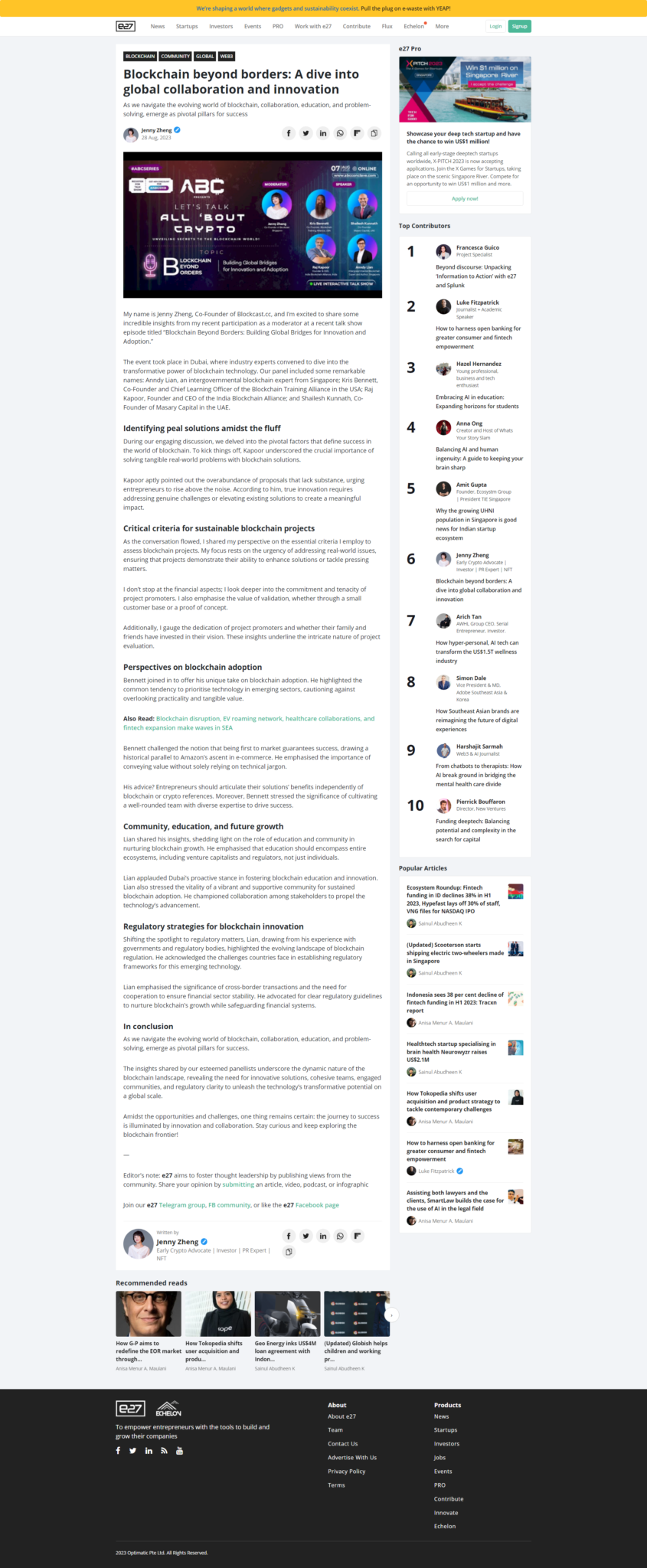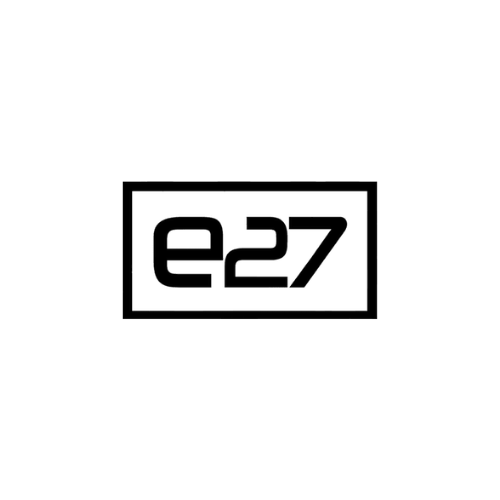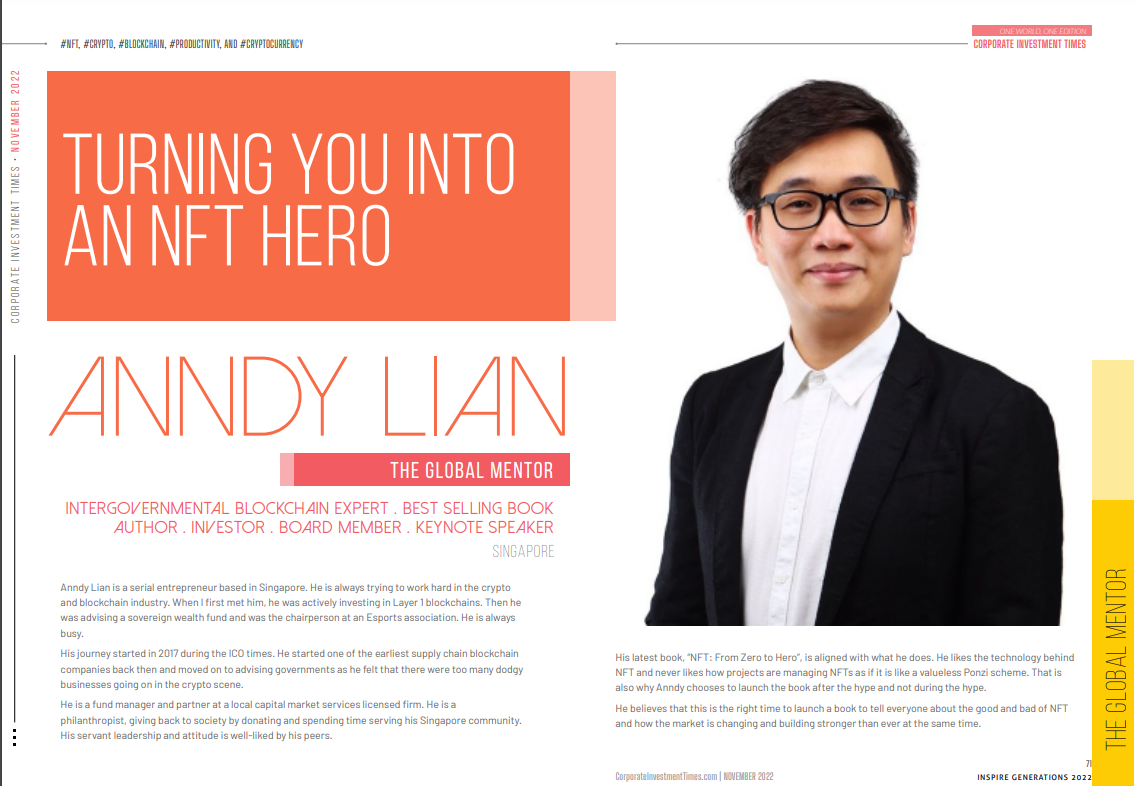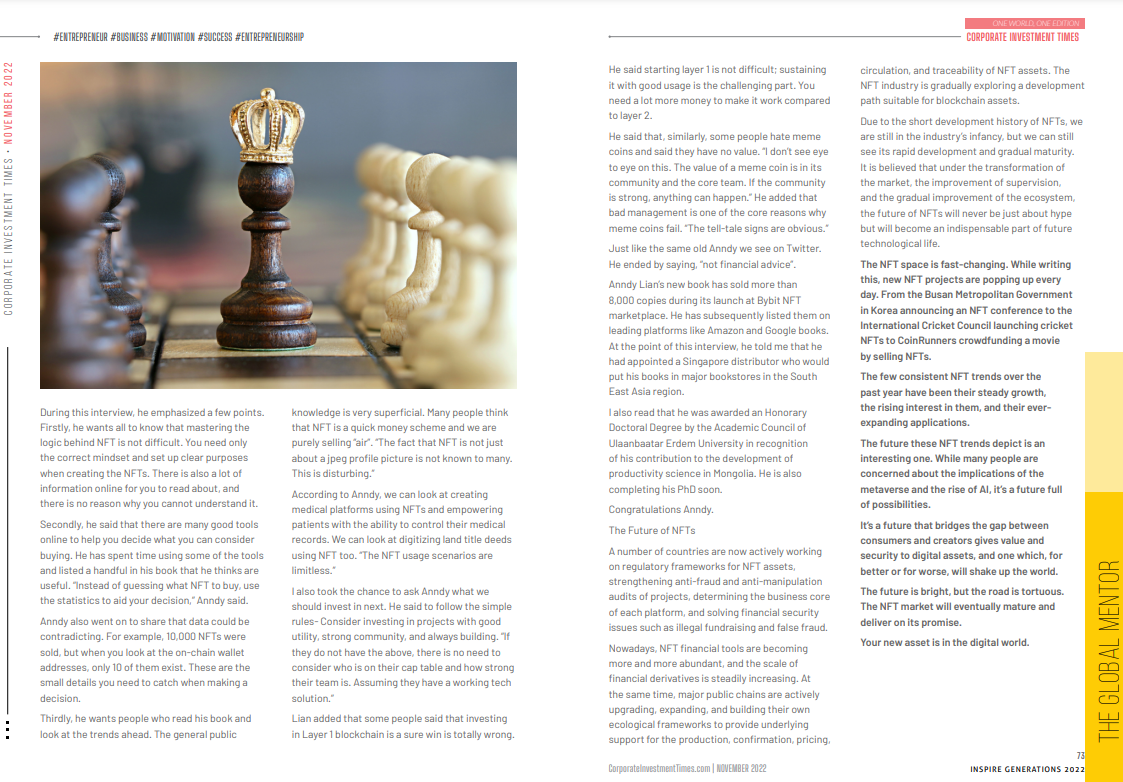My name is Jenny Zheng, Co-Founder of Blockcast.cc, and I’m excited to share some incredible insights from my recent participation as a moderator at a recent talk show episode titled “Blockchain Beyond Borders: Building Global Bridges for Innovation and Adoption.”
The event took place in Dubai, where industry experts convened to dive into the transformative power of blockchain technology. Our panel included some remarkable names: Anndy Lian, an intergovernmental blockchain expert from Singapore; Kris Bennett, Co-Founder and Chief Learning Officer of the Blockchain Training Alliance in the USA; Raj Kapoor, Founder and CEO of the India Blockchain Alliance; and Shailesh Kunnath, Co-Founder of Masary Capital in the UAE.
Identifying peal solutions amidst the fluff
During our engaging discussion, we delved into the pivotal factors that define success in the world of blockchain. To kick things off, Kapoor underscored the crucial importance of solving tangible real-world problems with blockchain solutions.
Kapoor aptly pointed out the overabundance of proposals that lack substance, urging entrepreneurs to rise above the noise. According to him, true innovation requires addressing genuine challenges or elevating existing solutions to create a meaningful impact.
Critical criteria for sustainable blockchain projects
As the conversation flowed, I shared my perspective on the essential criteria I employ to assess blockchain projects. My focus rests on the urgency of addressing real-world issues, ensuring that projects demonstrate their ability to enhance solutions or tackle pressing matters.
I don’t stop at the financial aspects; I look deeper into the commitment and tenacity of project promoters. I also emphasise the value of validation, whether through a small customer base or a proof of concept.
Additionally, I gauge the dedication of project promoters and whether their family and friends have invested in their vision. These insights underline the intricate nature of project evaluation.
Perspectives on blockchain adoption
Bennett joined in to offer his unique take on blockchain adoption. He highlighted the common tendency to prioritise technology in emerging sectors, cautioning against overlooking practicality and tangible value.
Bennett challenged the notion that being first to market guarantees success, drawing a historical parallel to Amazon’s ascent in e-commerce. He emphasised the importance of conveying value without solely relying on technical jargon.
His advice? Entrepreneurs should articulate their solutions’ benefits independently of blockchain or crypto references. Moreover, Bennett stressed the significance of cultivating a well-rounded team with diverse expertise to drive success.
Community, education, and future growth
Lian shared his insights, shedding light on the role of education and community in nurturing blockchain growth. He emphasised that education should encompass entire ecosystems, including venture capitalists and regulators, not just individuals.
Lian applauded Dubai’s proactive stance in fostering blockchain education and innovation. Lian also stressed the vitality of a vibrant and supportive community for sustained blockchain adoption. He championed collaboration among stakeholders to propel the technology’s advancement.
Regulatory strategies for blockchain innovation
Shifting the spotlight to regulatory matters, Lian, drawing from his experience with governments and regulatory bodies, highlighted the evolving landscape of blockchain regulation. He acknowledged the challenges countries face in establishing regulatory frameworks for this emerging technology.
Lian emphasised the significance of cross-border transactions and the need for cooperation to ensure financial sector stability. He advocated for clear regulatory guidelines to nurture blockchain’s growth while safeguarding financial systems.
In conclusion
As we navigate the evolving world of blockchain, collaboration, education, and problem-solving, emerge as pivotal pillars for success.
The insights shared by our esteemed panellists underscore the dynamic nature of the blockchain landscape, revealing the need for innovative solutions, cohesive teams, engaged communities, and regulatory clarity to unleash the technology’s transformative potential on a global scale.
Amidst the opportunities and challenges, one thing remains certain: the journey to success is illuminated by innovation and collaboration. Stay curious and keep exploring the blockchain frontier!
Source: https://e27.co/blockchain-beyond-borders-a-dive-into-global-collaboration-and-innovation-20230823/


Anndy Lian is an early blockchain adopter and experienced serial entrepreneur who is known for his work in the government sector. He is a best selling book author- “NFT: From Zero to Hero” and “Blockchain Revolution 2030”.
Currently, he is appointed as the Chief Digital Advisor at Mongolia Productivity Organization, championing national digitization. Prior to his current appointments, he was the Chairman of BigONE Exchange, a global top 30 ranked crypto spot exchange and was also the Advisory Board Member for Hyundai DAC, the blockchain arm of South Korea’s largest car manufacturer Hyundai Motor Group. Lian played a pivotal role as the Blockchain Advisor for Asian Productivity Organisation (APO), an intergovernmental organization committed to improving productivity in the Asia-Pacific region.
An avid supporter of incubating start-ups, Anndy has also been a private investor for the past eight years. With a growth investment mindset, Anndy strategically demonstrates this in the companies he chooses to be involved with. He believes that what he is doing through blockchain technology currently will revolutionise and redefine traditional businesses. He also believes that the blockchain industry has to be “redecentralised”.





